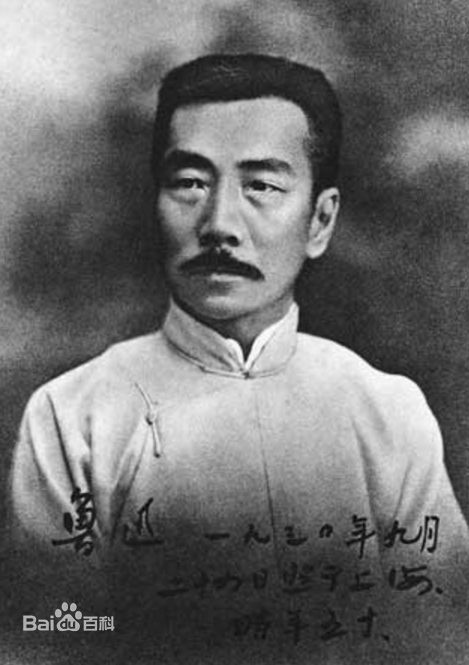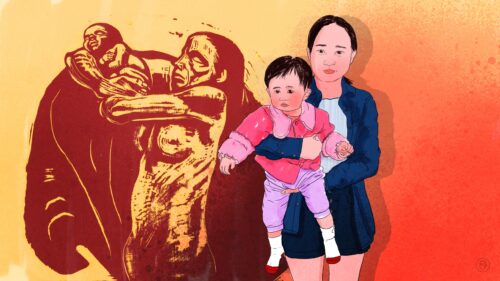Mingbai: Lu Xun, ‘father of modern Chinese literature,’ the doctor of souls
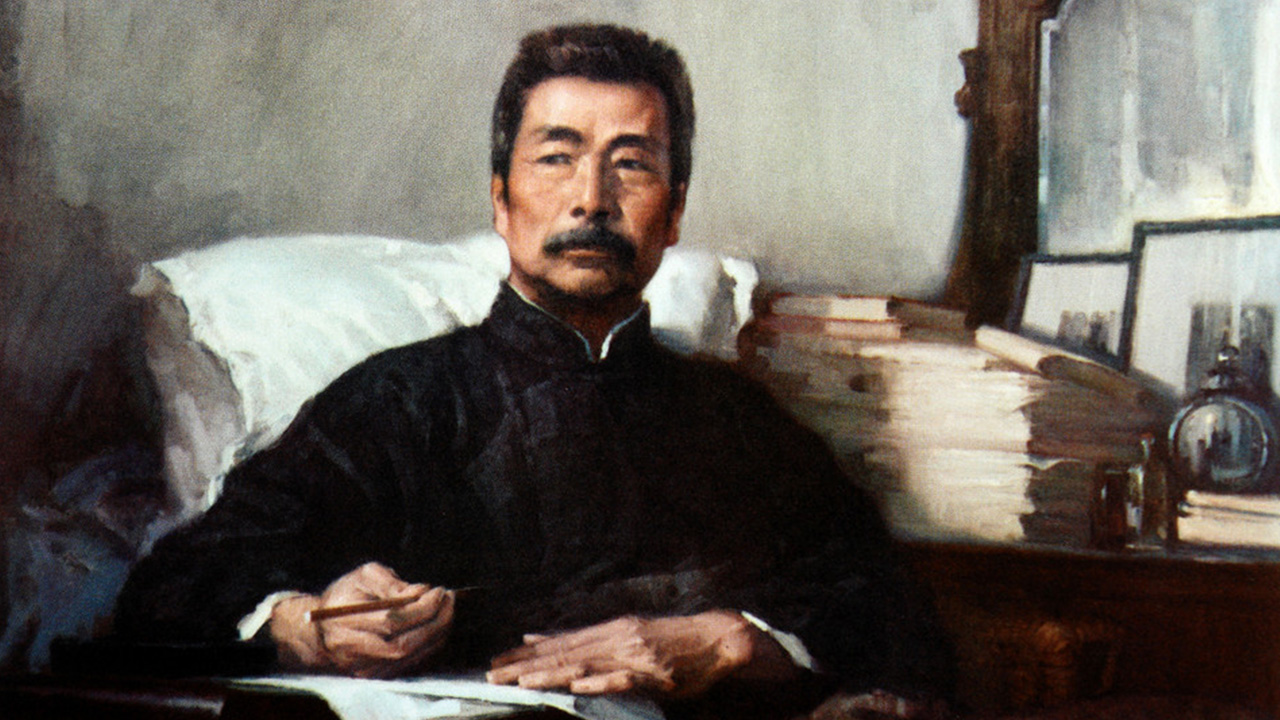
 Mingbai (明白, meaning “understand”), written by Christian Føhrby and Deng Jie, is a daily newsletter that drops knowledge on things “everyone in China knows, but almost nobody outside the country knows.” Sign up for it at GetMingbai.com.
Mingbai (明白, meaning “understand”), written by Christian Føhrby and Deng Jie, is a daily newsletter that drops knowledge on things “everyone in China knows, but almost nobody outside the country knows.” Sign up for it at GetMingbai.com.
Lu Xun 鲁迅 — the pen name of Zhou Shuren 周树人 — was the most influential fiction writer in modern Chinese history. Today, we’re highlighting three of his most important works, which are known to every Chinese schoolchild. And, yes, you can use it to flaunt your knowledge at parties.
Lu Xun was part of the New Culture Movement of the 1910s, which essentially tried to pull China out of imperial times and into the modern age. He studied in Japan to become a doctor, but then famously decided that it was the minds, not the bodies, of the Chinese people that needed to be cured — through literature.
He was one of the first popular authors to write in everyday language instead of literary Chinese, which helped increase literacy rates.
Lu Xun’s most famous works are short stories, and they often have a “man-in-the-mirror” theme, revolving around people who are petty and flawed, stuck in the old imperial mindset.
狂人日记 (kuāngrén rìjì), “A Madman’s Diary,” is one of Lu Xun’s best-known short stories, written in 1918. It’s about the inability to see reason.
Written in a diary format, the story follows a man who convinces himself that everybody else wants to eat him. He sees proof of the conspiracy everywhere.
Wherever he looks, people have this weird look in their eyes. When the doctor comes, he thinks, “Ha, he’s not actually feeling my pulse, he’s just checking to see how fat I am!”
When he talks to people about flesh eating, they turn pale: It must be because they’re afraid of being found out! When they call him a madman, he thinks it’s part of the ploy to discredit him, so they can be justified in eating him.
The story ends with the madman wondering if there are perhaps still children who haven’t eaten human flesh yet. Perhaps the children can still be saved…
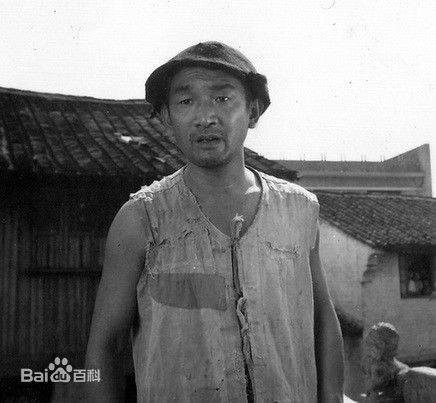
阿Q正传 (Ā Q Zhèngzhuàn), “The True Story of Ah Q,” is about a poor soul who thinks he’s always right.
Ah Q looks down on everyone, while he himself is a sorry character. When he get beaten, he convinces himself he’s won. When people use different words than he would, he considers them idiots.
Despised by others, he’s a bully himself, pinching a nun and assaulting a housemaid. When he hears of the revolution, he decides to become a revolutionary, not because he believes in the cause, but so he can get the respect he thinks he deserves.
He gets sentenced to death for a crime he didn’t commit. Nobody cares.
The story has left marks on modern Chinese: “Having Ah Q spirit” (阿Q精神 Ā Q jīngshén) means that you’re refusing to recognize the truth, and “Ah Q for a second” (阿Q一下 Ā Q yīxià) means, “Relax, dude,” alluding to the main character’s arrogant calmness.
祝福 (zhùfú), “New Year’s Sacrifice,” is another tragedy, showing Lu Xun’s disdain for how women were treated in traditional society.
A narrator visits his aunt and uncle’s village over Chinese New Year and discovers the sad story of their former maidservant.
Known simply as “Xiang Lin’s wife,” she is the widow of a young man who died of illness. She is an extraordinarily good servant, but is one day violently carried off by her relatives to marry another man — for a sizable dowry!
The new husband dies, too, and their young son is eaten by wolves. Life breaks her, and although she returns to work for the aunt and uncle, she’s never the same. People in the village gossip. They won’t let her prepare the New Year’s food because she’s become unlucky. They fire her and she becomes a beggar.
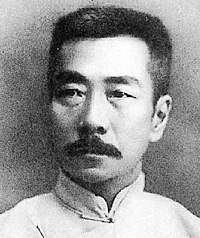
Okay, deep breath, snap out of the sadness and back to your daily life. You’re fine.
Of course, if any of the above sounds interesting, you can always read them online, along with Lu Xun’s other classics. Enjoy!
Come back next Wednesday for more Mingbai, and remember to sign up for the daily newsletter.
